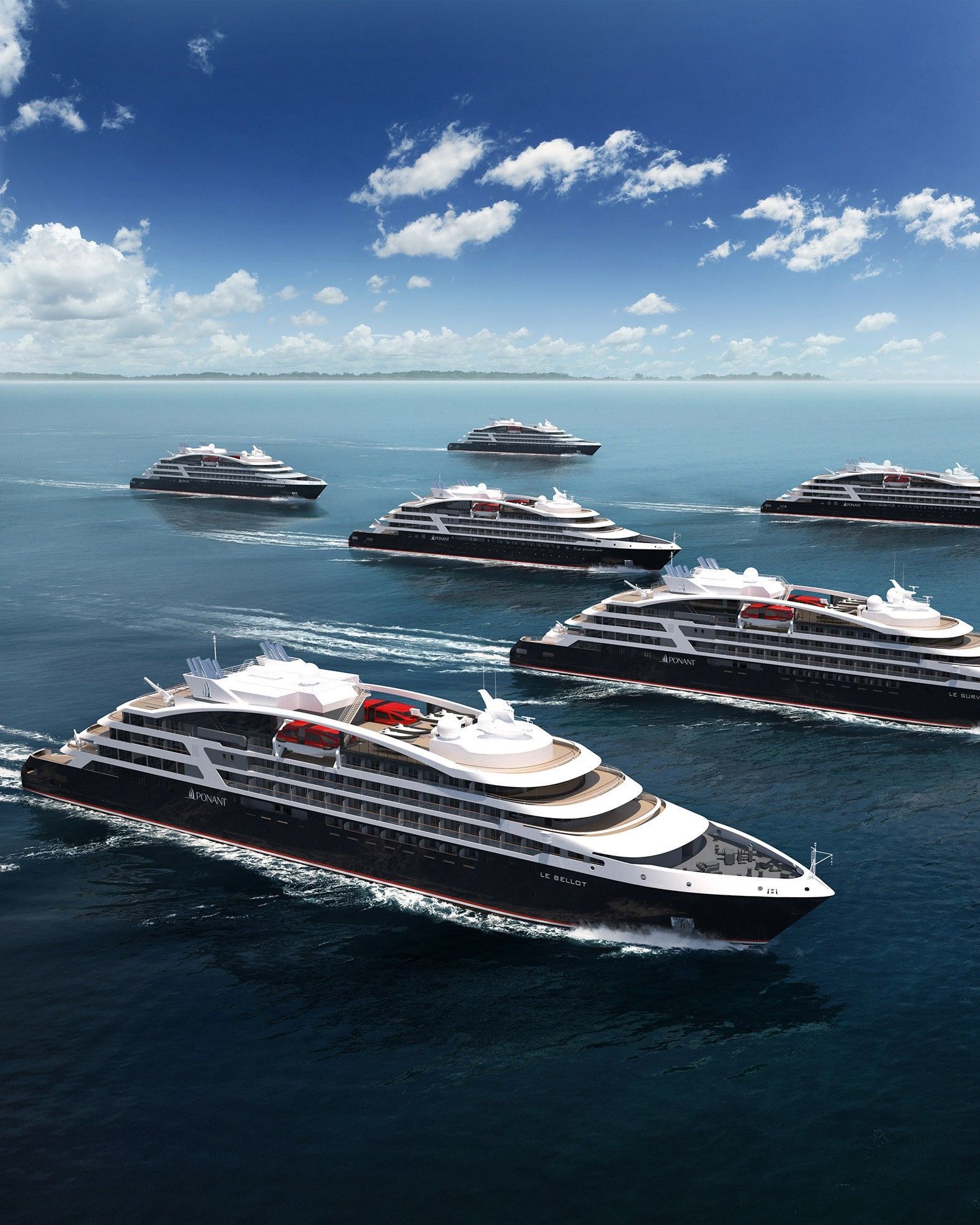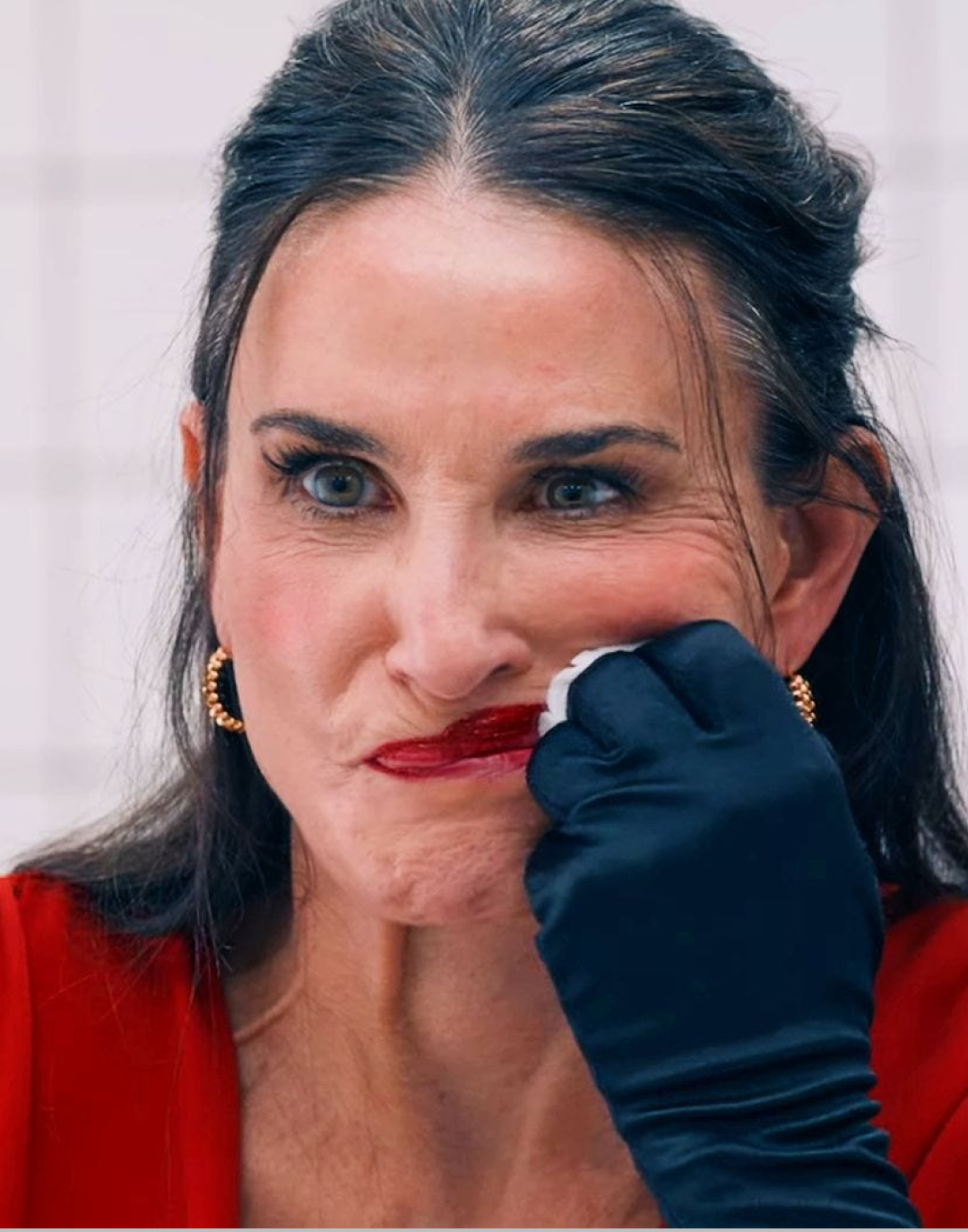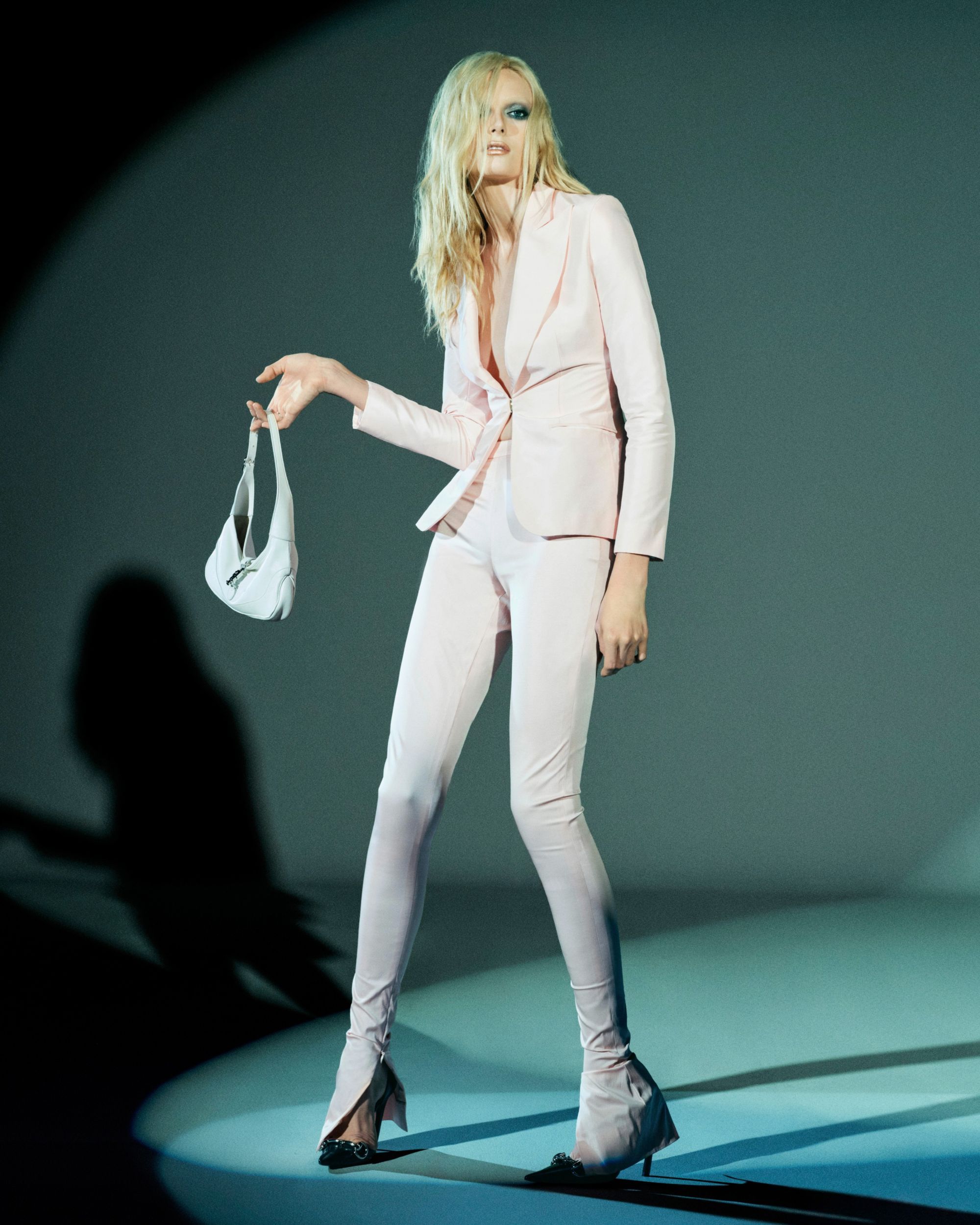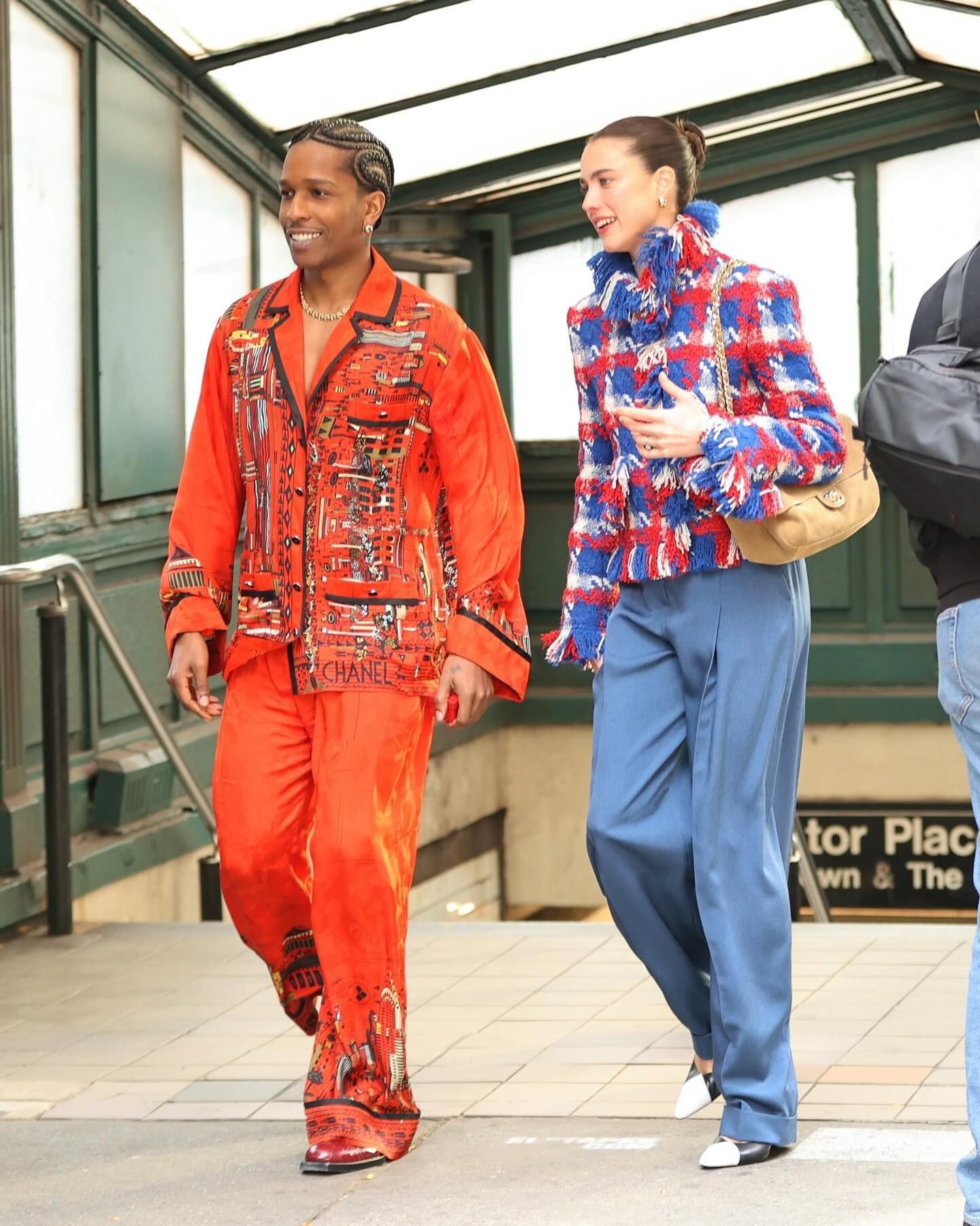
How Gucci plans to become a nature-positive brand The brand's new stretegy was unveiled yesterday by Marco Bizzarri at the World Economic Forum in Davos
Yesterday, Gucci CEO Marco Bizzarri presented at the World Economic Forum in Davos the brand's new sustainability strategy, called the Natural Climate Solutions Portfolio. Beyond the already known goal of zero carbon emissions and recycling waste materials, Gucci's new sustainability initiative program will focus on regenerative agriculture, rainforest conservation and a series of projects called REDD+, an acronym for "Reducing emissions from deforestation and forest degradation." All these objectives are part of the brand's new nature-positive strategy – a strategy that is committed not only to avoiding damage to the environment but that helps its recovery with the aim of making brand materials 100% sustainable by 2025 and reaching the consumption of only renewable energy for all brand-related structures by 2022 – a goal currently reaching 83%.
This latest series of REDD+ projects, carried out through strategic partnerships with environmental associations around the world, will be dedicated to the environmental protection of areas such as the Chyulu Hills in Kenya, the Zimbabwe Nature Reserves and the Mangrove Ecoregion in Honduras. The Muskitia Blue Carbon REDD+ project in Honduras, for example, will preserve 5000 hectares of mangroves and 285,000 hectares of forest. But overall, Gucci is already protecting nearly 1.2 million hectares of forest worldwide, including REDD+ projects in Indonesia, Cambodia, the United States and Peru. In addition, through the encouragement of carbon farming, that set of practices aimed at "trapping" the carbon of air in the soil and in the roots of plants, a practice that reduces both air pollution and the use of chemical fertilizers. Dr Sanjayan Muttulingam, a well-known American environmental scientist and CEO of Conservation International commented:
Gucci is sending a powerful signal to their customers and other companies that being nature positive is also business positive.
Bizzarri also announced the brand's commitment to regenerative agriculture, a term that defines all those agricultural systems that replenish and strengthen natural resources rather than exhaust them. Instead of the widely used chemical-intensive agricultural methods that traditionally produce fashion raw materials, the brand is identifying and promoting regenerative agriculture projects within its supply regions, with the aim of finding raw materials from regenerative crops for the next collections. Gucci will also fund a series of regenerative wool and skin projects globally such as regenerative grazing practices in Patagonia, spread over 3,000 hectares, which promotes soil health and water quality, increases biodiversity, adopts best practices in animal welfare and drastically reduces carbon dioxide emissions.




















































